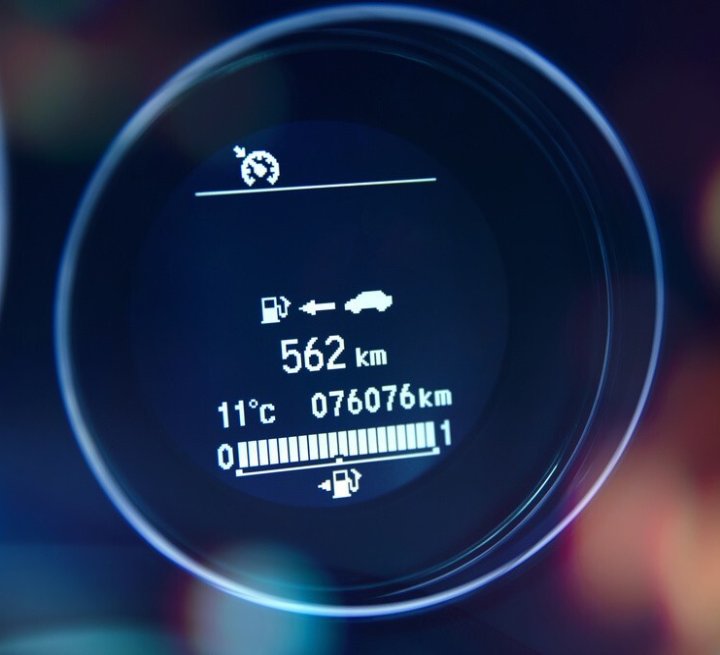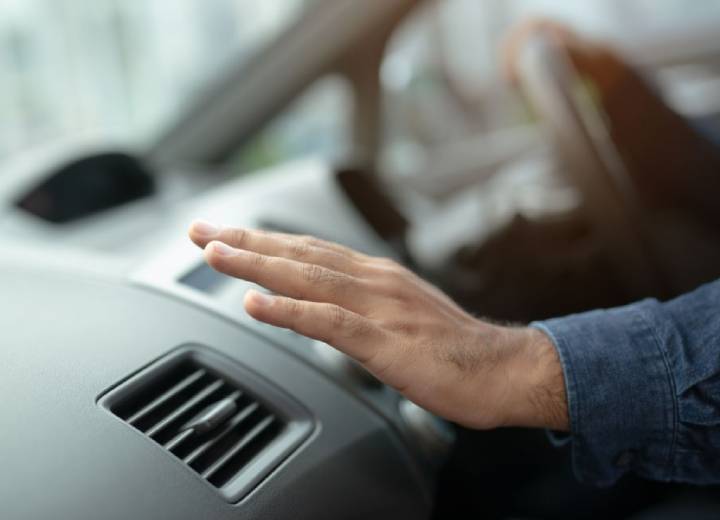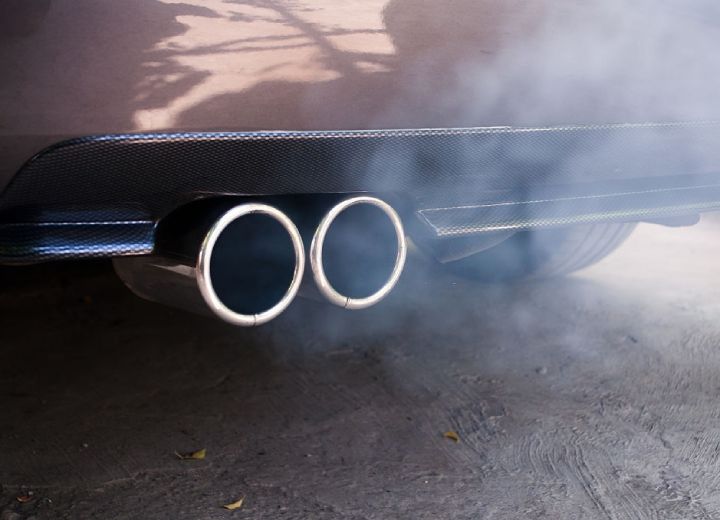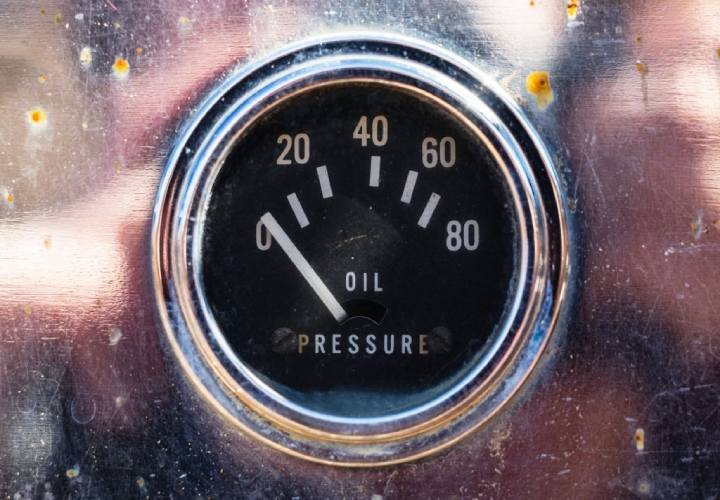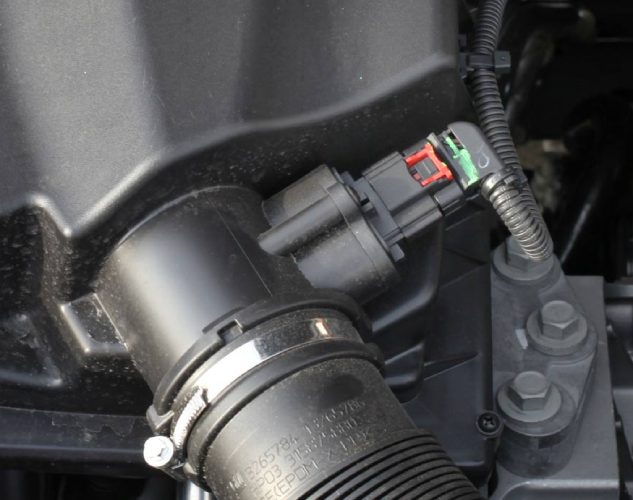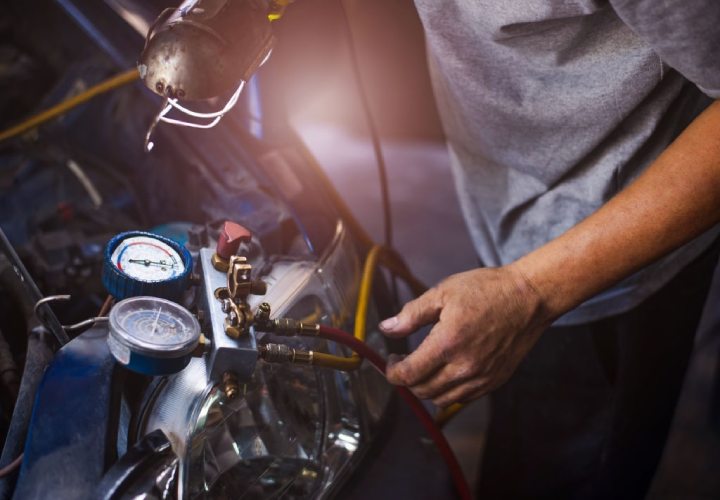A bad battery can cause a misfire, but are you sure that is the problem? If your battery warning light is not on, read on to find out why bad batteries may not be causing your misfires.
- Can bad batteries cause misfires?
- What are the symptoms of a bad battery?
- What does an engine misfire feel like?
- Most Common Causes of an Engine Misfire
- Does a bad battery affect spark plugs?
- Does a bad battery affect compression?
- Can a misfire fix itself?
- What happens when a cylinder misfires?
- Can You Drive With A Misfiring Engine?
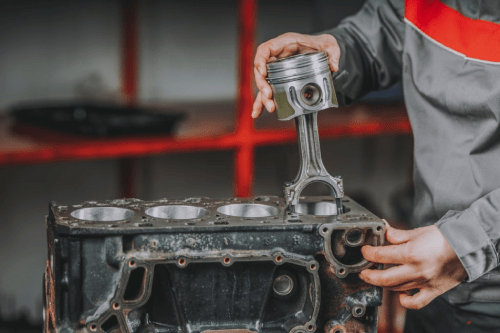
Can bad batteries cause misfires?
It seems like this would be an easy question to answer, but it’s pretty complex. If there was a bad connection in your car and it caused the voltage from your battery to drop before the spark plug could fire, then yes, bad batteries can definitely lead to misfires or a weak spark.
But suppose we’re talking about cars with no electrical problems and only an issue with the engine running too hot due to low compression (or some other mechanical issue). In that case, a bad battery isn’t going to affect performance as much as something else will.
What are the symptoms of a bad battery?
If you’re experiencing any of the following symptoms, it’s likely that your battery is bad and needs to be replaced:
- your car won’t start
- your car turns over slowly
- your car makes a clicking sound when you try to start it
- your headlights are dimmer than usual
If you’re experiencing any of these symptoms, it’s essential to have your battery tested as soon as possible.
Many factors can cause an engine misfire, but some are more common than others. In this article, we’ll take a look at the three most common causes of engine misfires.
What does an engine misfire feel like?
If you are not sure what an engine misfire feels like, you should look for any light or strong jerks coming from the engine. You should feel the engine usually misfiring when you are accelerating.
A quick test that I do when I try to reproduce an engine misfire is to drive in a high gear, drop the RPMs, and suddenly floor the acceleration.
However, sometimes an engine misfire can occur while the car is idling. You will notice a rough idle with the RPMs going up and down and a change in the engine sound.
Most modern cars have various sensors that will let the ECU know something is wrong with one of the cylinders. This will trigger the Check Engine light, warning you that there is something wrong with the car and that you should have it inspected.
If you have a diagnostic scanner, you can use it to check for any error codes.
Most Common Causes of an Engine Misfire
Most Common Causes of an Engine Misfire: bad spark plugs, low compression, and bad fuel injectors are the three most common causes of engine misfires. Let’s take a closer look at each one.
Bad Spark Plugs: A bad spark plug can cause an engine to misfire because it doesn’t create a strong enough spark to ignite the air/fuel mixture in the cylinders. This is usually caused by either a bad coil or a bad electrode.
Low Compression: If your car is low on compression, it won’t run properly without a bad battery. Low compression can cause misfires or an engine that runs too hot and leads to the eventual destruction of your pistons.
Bad Fuel Injectors: One reason why bad fuel injectors may not be causing an engine misfire is that they’re usually only bad if you’ve noticed issues while driving (such as poor acceleration).
If you drive with bad fuel injectors for long enough, you’ll notice that gas mileage has decreased dramatically, but this isn’t something you’d notice when just starting the car.
Overall, many people assume that bad batteries are behind most cases of misfiring engines; however, there’s more to it than that. If you’re experiencing any of the symptoms listed above, be sure to have your battery tested as soon as possible.
You may not even need a new battery if it’s just old and needs to be replaced anyway. In some cases, bad spark plugs or low compression can also be the culprits behind an engine misfire, so it’s important to troubleshoot and find out the root cause before spending money on something that may not fix the issue.
If you’re still having trouble with your car after replacing the battery, be sure to bring it in for a diagnostic test at our shop! We’ll take a look at everything from bad spark plugs to low compression and help you get your car back on.
Does a bad battery affect spark plugs?
A bad battery can affect spark plugs by causing a weak or non-existent spark. This can lead to an engine misfire and decreased performance.
Does a bad battery affect compression?
A bad battery won’t have an impact on your engine’s compression. However, if you’re experiencing low fuel economy, it may be due to bad injectors or bad spark plugs (two other things that are affected by batteries).
Check out our blog post about misfires for more information about what causes them and how to troubleshoot issues as they occur!
Can a misfire fix itself?
A misfire can fix itself if bad fuel has been removed or bad spark plugs replaced, but it may take several minutes.
Misfires can be caused by bad fuel injectors, bad spark plugs, or low compression. A misfire that fixes itself indicates the replacement of the bad parts.
One or two bad parts should not create a three-minute-long sputtering engine until a correction is made. If your car requires more than just one component to function correctly without misfires, then there is something else wrong with your vehicle that should be looked at by a mechanic!
What happens when a cylinder misfires?
If a cylinder misfires, the air/fuel mixture isn’t ignited properly, reducing engine performance. This can cause a decrease in fuel economy and increased emissions. Additionally, bad sparks plugs can cause damage to the catalytic converter over time.
Below is a picture showing how the compression takes place inside the engine, so you can have a better overview of what happens when a cylinder misfires.
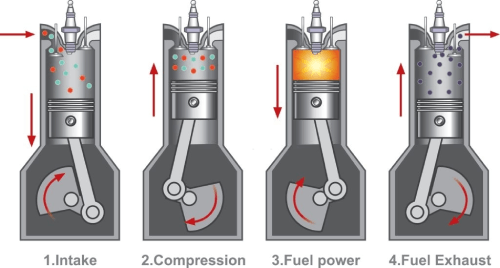
Can You Drive With A Misfiring Engine?
If your engine starts misfiring while driving, it is recommended that you slow down and pull over safely. Turn the engine off and perform a visual check of the engine.
If everything looks OK, you may continue your journey. However, driving it around can become a hazard when the car starts losing power.
While a misfiring engine is not something that can pose a real risk, it is strongly recommended not to drive your car. Instead, you should drive the vehicle to a mechanic and have it inspected as soon as possible.
Ignoring the issue will only make things worse. Driving with a misfiring cylinder can result in potential damage to the engine.
My name is Jeffrey Williams and I have been a car mechanic for over 35 years. I am currently working NYC Auto Repair Shop, in New York City and recently developed a strong passion about blogging. I decided to put together this blog where I will try and answer the most commonly asked questions I get on a daily basis from my customers.

